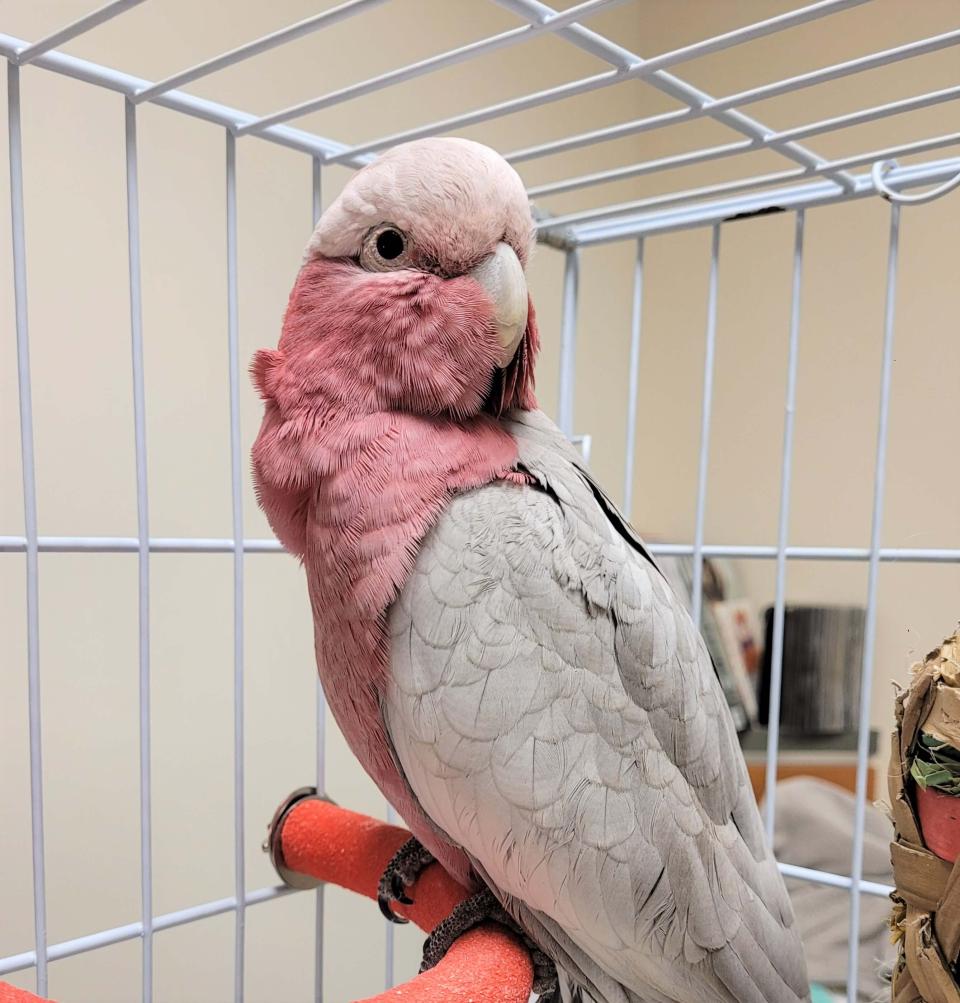
Diagnostic Testing
We offer various lab work for avian patients that give additional diagnostic information that a physical exam may not indicate. Our avian veterinarian may recommend lab work for various reasons such as testing for indications relating to liver, kidney, or heart disease. With that said, it is not uncommon to perform general screening blood work on a healthy patient for baseline values. If there are any abnormalities in blood work, our avian veterinarian may recommend rechecking blood work multiple times until values are within their normal ranges. Blood work may be recommended as a pre-anesthetic test to determine the safest routine when anesthetizing a patient either for surgery or advanced diagnostics. Blood samples are taken via the jugular vein which is much less stressful or painful for the patient compared to old school methods of blood collection such as trimming a nail too short and exposing the quick. DNA testing is performed with a blood sample and can be very pertinent to your companion bird’s health. Knowing the DNA sex of our patients allows our avian veterinarian to better rule out certain reproductive health risks that females, for example, exhibit that males do not. Types of blood work we offer include standard and comprehensive chemistries, complete blood counts, bile acid levels, triglyceride levels, DNA sexing, blood lead levels, and psittacine beak and feather disease testing.
We also offer aerobic culture and sensitivity testing. This form of diagnostic testing may be recommended in cases of respiratory or gastrointestinal distress. Cultures allow microbes to grow and be identified by the lab which informs our veterinarian of any potential pathogens causing the patient’s infection. Sensitivities are a series of tests that the lab performs to show what medications are the most effective against the presenting pathogens. Rechecking cultures and sensitivities may be recommended in order to determine the progress of a resolving infection and whether any changes in medications may be needed. Therefore, cultures and sensitivities are very important in allowing our avian veterinarian to determine an appropriate treatment plan for your companion bird.
